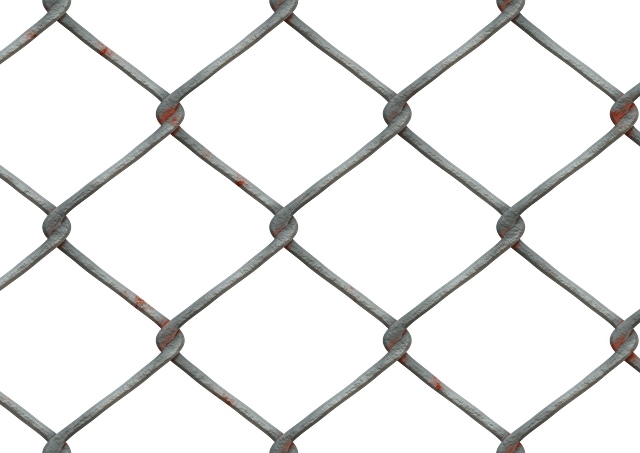Fencing contractor agreements are legal documents that outline terms and conditions between property owners and contractors, ensuring clear expectations and successful fence installations or repairs. When creating a template, include key elements like scope of work, timelines, payment terms, material specifications, warranty coverage, and dispute resolution processes. This balances the needs of both homeowners and Fencing Contractors, fostering professionalism and positive client relationships. After finalizing the design, craft a detailed contract outlining costs, timelines, materials, and specific requirements, with careful review against design plans and budget. Effective communication ensures project success upon signing.
Looking to streamline your fencing project? Designing a robust fence contract template is key. This guide reveals the simplest way to create an agreement that protects your interests and clarifies expectations for any fencing contractor. From understanding essential elements like scope, materials, timelines, and payment terms, to finalizing and executing the contract, learn how to build a rock-solid foundation for your next fencing endeavor with professional contractors.
Understanding Fencing Contractor Agreements
Fencing contractor agreements are legal documents that outline the terms and conditions between a property owner and a fencing contractor. These contracts are essential for both parties to understand their rights, responsibilities, and obligations before starting any fencing work. By reviewing a well-crafted agreement, homeowners can ensure they receive quality services while protecting themselves from potential disputes or hidden costs.
When drafting or reviewing a fencing contractors agreement, key elements to consider include the scope of work, project timeline, payment terms, material specifications, warranty coverage, and dispute resolution processes. Including these details in writing helps establish clear expectations, reduces ambiguity, and provides a framework for addressing any issues that may arise during the project. Understanding these agreements is crucial for both homeowners and fencing contractors to foster transparency, maintain professionalism, and achieve successful fence installations or repairs.
Essential Elements of a Fence Contract Template
When drafting a fence contract template, incorporating essential elements is crucial for protecting both the homeowner and fencing contractors. Firstly, clearly define the scope of work, outlining specific details like materials, design, and installation process. This ensures both parties understand the project’s boundaries. Secondly, include timelines and payment terms—specifying deadlines, deposit requirements, and any penalties for delays or missed payments.
Additionally, liability and insurance coverage should be prominent. Requiring contractors to provide proof of liability insurance protects homeowners from potential risks associated with the installation. Warranty information is also vital; specify the duration and terms of the warranty offered by the contractor, ensuring peace of mind for the homeowner after the project’s completion.
Drafting and Customizing Your Template
When drafting your fence contract template, start by outlining the essential elements required for any fencing project. Include sections on project scope, materials, timelines, payment terms, and warranties. This foundational structure will ensure that every fence contract you create covers crucial aspects, making it easier to manage expectations with clients and protect your business interests.
Customization is key when dealing with fencing contractors. Tailor your template to accommodate unique services offered by different contractors. Whether it’s specialized materials, specific design elements, or additional warranties, allow for flexibility in the contract. A well-customized template demonstrates your professionalism and helps establish clear communication from the outset, fostering a positive working relationship with clients and ensuring everyone is on the same page throughout the fencing installation process.
Finalizing and Executing the Contract with Fencing Contractors
Once your fence design is finalized, it’s time to move onto the next crucial step: executing a comprehensive contract with fencing contractors. This agreement should outline every detail of the project, from materials and labor costs to timelines and specific requirements. By doing so, you ensure that both parties are on the same page, minimizing misunderstandings and potential disputes down the line.
When finalizing the contract, carefully review every clause to ensure it aligns with your initial design plans and budget. This may include specifications for fence types, colors, and any additional features. After both you and the fencing contractor have signed, execution begins. The contractors will source materials, schedule labor, and prepare for installation according to the agreed-upon timeline. Effective communication throughout this process is key to ensuring a successful project outcome.
Designing a comprehensive fence contract template is a straightforward process when you understand the key components. By incorporating essential elements such as project scope, timelines, payment terms, and liability clauses, you create a solid foundation for any fencing project with contractors. Customization is key; tailor the template to your specific needs while ensuring it complies with legal requirements. With these steps, you’re well-equipped to manage projects efficiently and establish clear expectations with fencing contractors, fostering successful collaborations.




